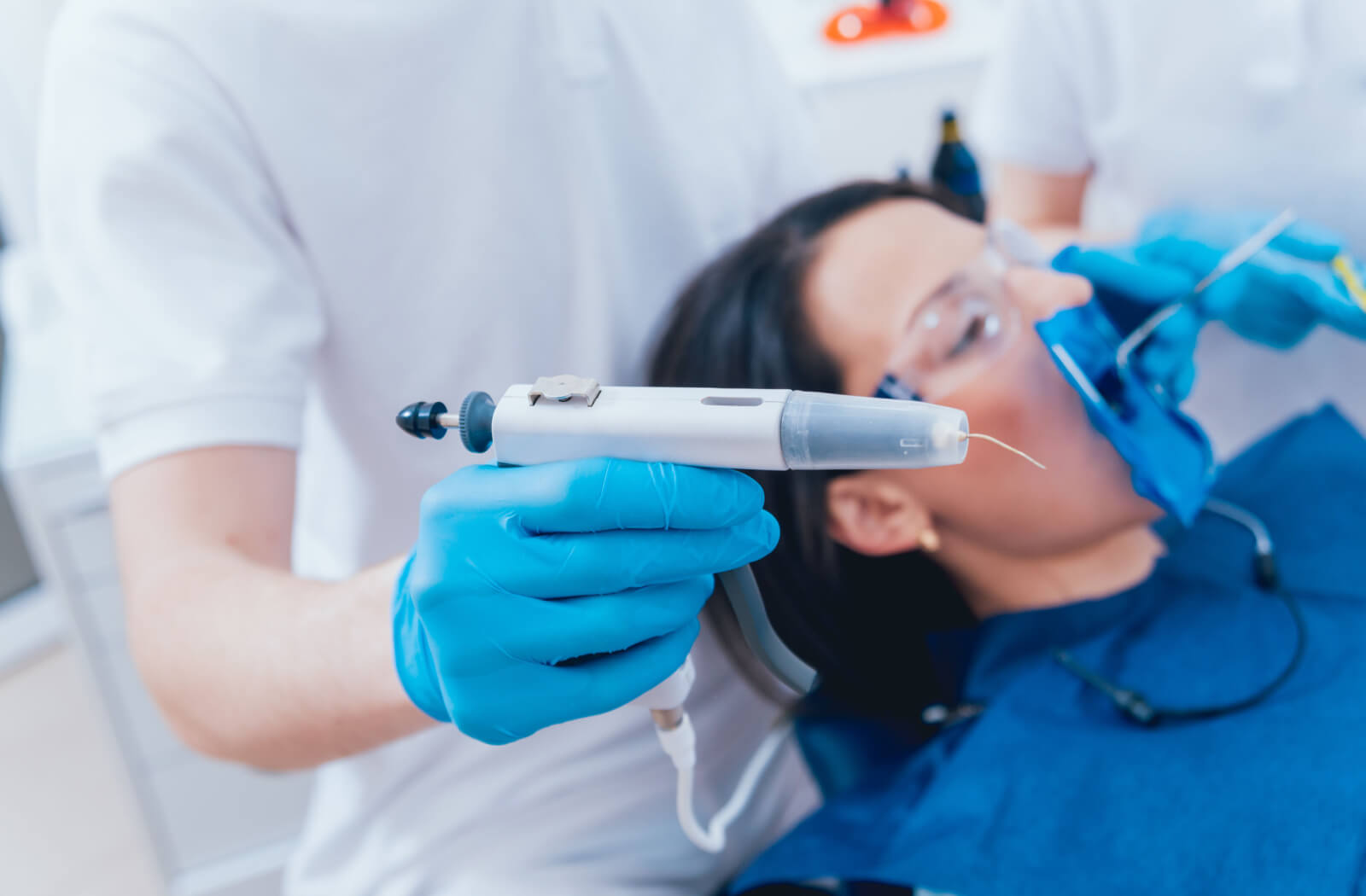After undergoing a root canal procedure, it is common to experience some mild discomfort and sensitivity in the treated tooth. This is completely normal and can usually be managed with over-the-counter pain medication.
However, one question that often arises after a root canal treatment is whether it is safe to smoke or use other tobacco products. In short, smoking after a root canal is not recommended.
Smoking can significantly affect the healing process after a root canal. The chemicals in cigarettes and other tobacco products can delay the body’s natural ability to heal itself, leading to a prolonged recovery time.
In addition, smoking can also increase the risk of complications such as infection. This is because smoking restricts blood flow and reduces oxygen levels in the body, making it more difficult for the affected tooth to heal properly.
What is a Root Canal?
A root canal is a dental procedure that involves removing infected or damaged pulp from the inside of a tooth. This pulp, which contains nerves and blood vessels, can become inflamed or infected due to deep decay, repeated dental procedures, or trauma to the tooth.
During a root canal treatment, the dentist will clean out the affected pulp and shape and seal the inside of the tooth to prevent further infection. The tooth will then be restored with a filling or crown.
Root canals are often necessary to save a severely damaged or infected tooth and prevent the need for extraction. They are generally highly successful procedures with a success rate of over 90%.

Effects of Smoking After a Root Canal
As mentioned earlier, smoking can significantly hinder the healing process after a root canal. Here are more reasons why smoking should be avoided after this dental procedure:
- Reduced blood flow: Smoking constricts blood vessels, reducing the amount of oxygen and nutrients that can reach the affected tooth. This can slow down the healing process and increase the risk of complications.
- Delayed healing: The chemicals in tobacco products can impair the body’s natural ability to heal itself. This is because they contain toxins that can damage cells and tissues, making it harder for the body to repair itself.
- Increased risk of infection: Smoking weakens the immune system, making it more difficult for the body to fight off infections. This makes smokers more prone to developing complications such as abscesses after a root canal.
How to Help Your Mouth Heal After a Root Canal
To ensure a successful healing process after a root canal, it is important to follow your dentist’s post-treatment instructions. Here are some additional tips that can help your mouth heal properly:
- Avoid smoking and using any tobacco products: As discussed earlier, smoking can hinder the healing process and increase the risk of complications. It is best to avoid all forms of tobacco until your mouth has fully healed.
- Follow a soft food diet: After a root canal, your tooth and surrounding tissues may be sensitive. It is best to stick to a soft food diet for the first few days or until your dentist gives you the go-ahead to resume normal eating habits.
- Practice good oral hygiene: Keeping your mouth clean is crucial for proper healing after a root canal. Make sure to brush your teeth twice a day and floss once a day.
- Use over-the-counter pain relievers: It is normal to experience some mild discomfort after a root canal. You can take over-the-counter pain medications such as ibuprofen or acetaminophen to ease any pain or swelling.
- Attend follow-up appointments: Your dentist may schedule a follow-up appointment to ensure that your tooth is healing properly. Make sure to attend these appointments and inform your dentist of any concerns or issues you may have.
- Avoid putting pressure on the treated tooth: Refrain from chewing or biting down on the treated tooth until it has fully healed. Putting pressure on the tooth can cause further damage and delay the healing process.
- Be patient: Healing takes time, and it is important to be patient throughout the process. It can take several weeks for your mouth to fully heal after a root canal, so try not to become discouraged if you experience any discomfort or sensitivity during this time.
In addition to following these tips, it is also important to maintain good overall oral health. This includes brushing and flossing regularly, using fluoride toothpaste, and visiting your dentist for regular check-ups and cleanings. These practices can help prevent the need for future root canals.
Professional Root Canal Treatment & Aftercare Instructions at Ti Dental
Root canals are a common and effective procedure for treating infected or damaged teeth. Following these aftercare tips will help with proper healing and reduce the risk of any complications. Remember to always consult with your dentist if you have any concerns or questions during the healing process. With proper care and maintenance, your treated tooth can last for many years to come.
At Ti Dental, our experienced dentists are trained in performing root canals and providing comprehensive aftercare instructions. If you need a root canal or have any questions about the procedure, please don’t hesitate to schedule an appointment with us. We are committed to helping you achieve and maintain a healthy smile.








